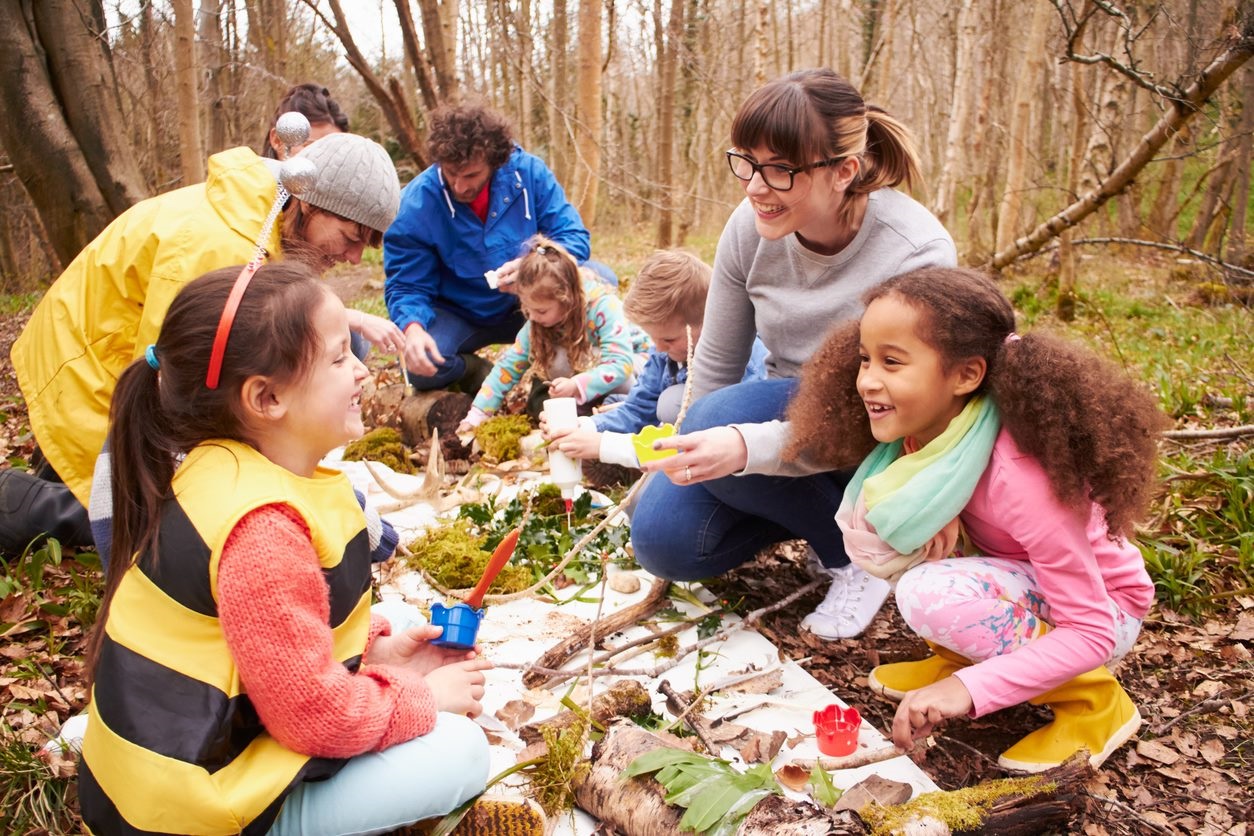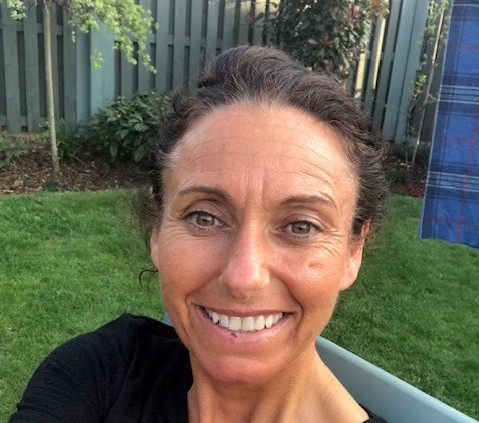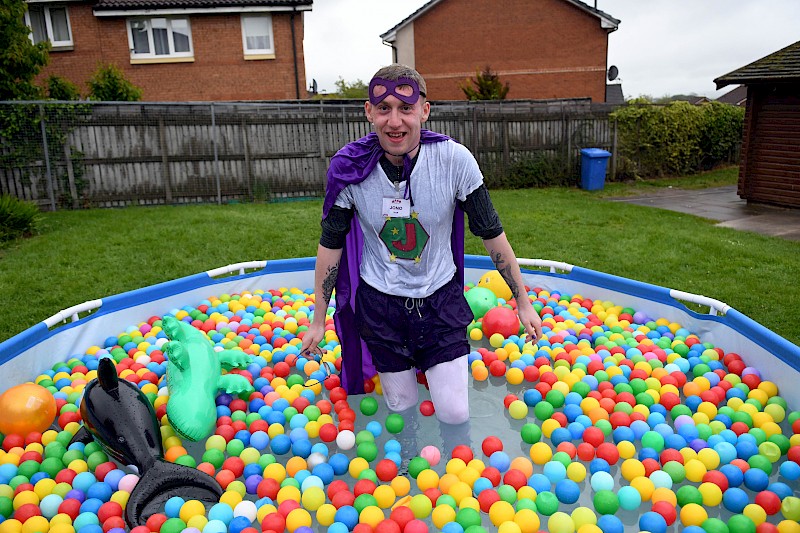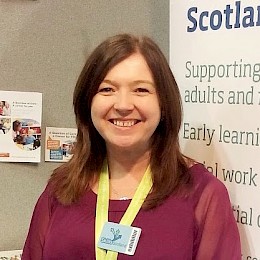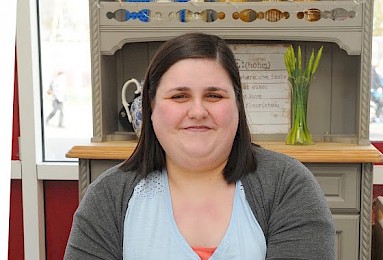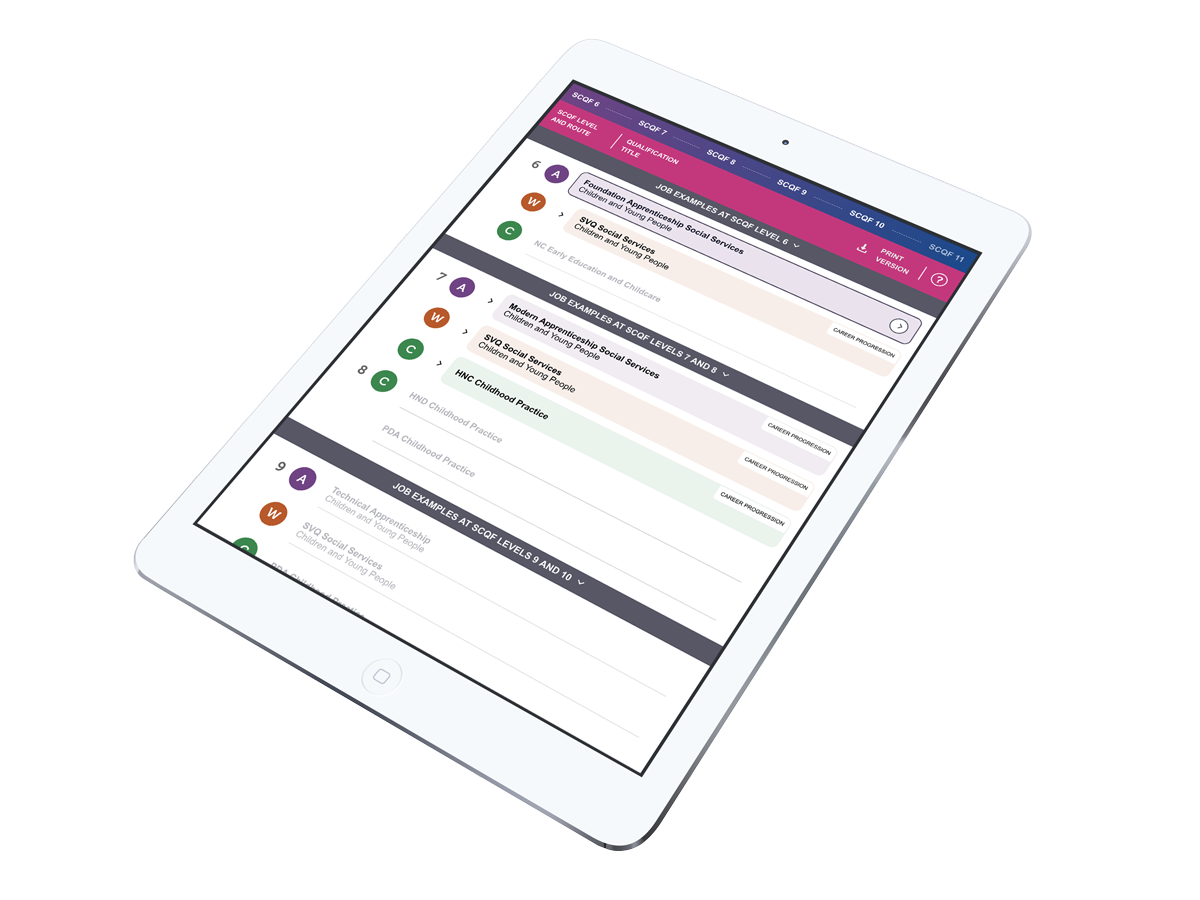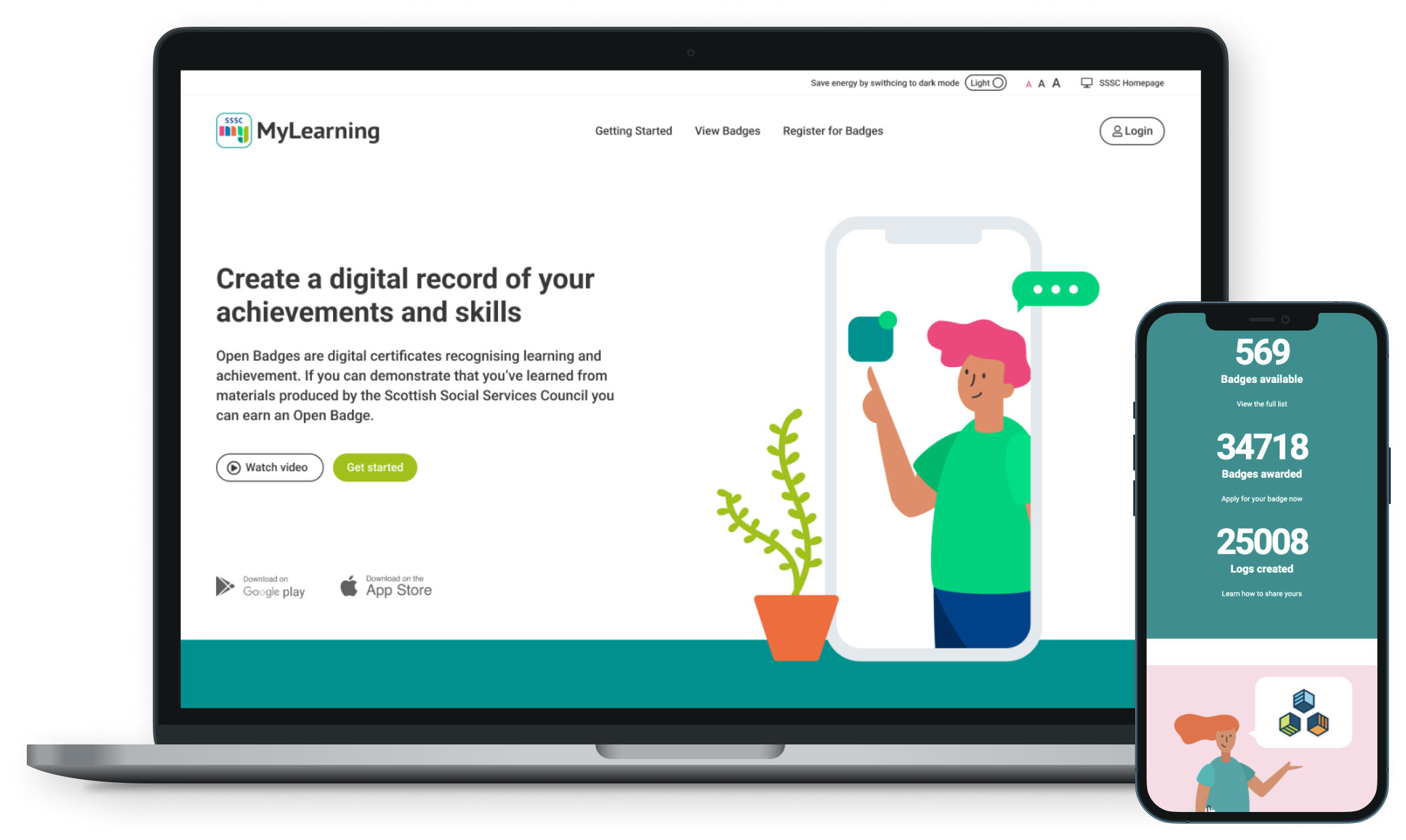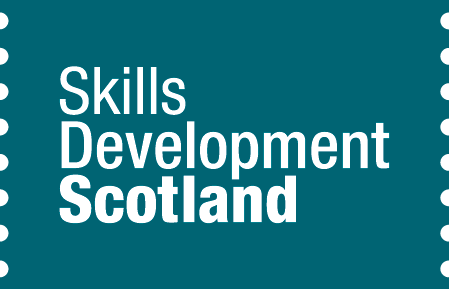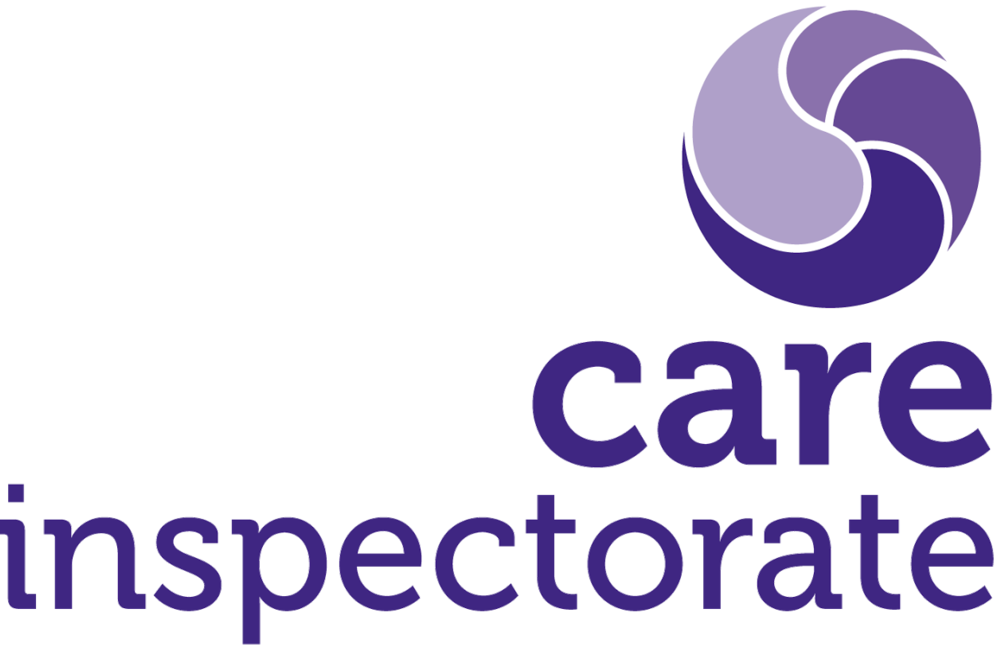Childminder
Childminders work from their own home to provide a flexible, high quality childcare service in a family setting. They give children the opportunity to learn and develop skills through real-life experiences like going to the shops, family meal-times and visits to the park.
It's a rewarding career that provides an opportunity to contribute to children’s development, learning and wellbeing while providing a valuable, professional childcare service for your community. It may suit you if you’d like to work from home, or spend time with your own young children while building a career.
Childminders register their service with the Care Inspectorate. They do not also require to register with the SSSC however they have equal access to our learning resources and events to support their development. While many childminders hold qualifications, there is no minimum requirement for this role.

Learn of the different learning routes in our childcare qualification pathways or find out more about becoming a childminder on the Scottish Childminding Association website



